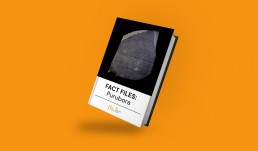Customer survey results give TLS a glowing report

It has been another year of rapid change and growth for TLS. We continue to meet the challenges of the global pandemic, building on our remote services and refining our processes so that we can provide you with a seamless, high-quality service, whatever the changing circumstances.
With our customer survey launched late last year, we were keen to find out how the changes we have been making are going down with you, our customers.
The headline news from the results is that our remote (telephone and video) interpreting services are increasingly popular, with 87% of customers having used them. What is more, they are even more well-received: 89% of respondents said that they found the booking process easy or very easy (up from 85% in 2020), and 88% reported that the language support they received was of high or very high quality (up from 80%). Nothing makes us happier than word of mouth recommendations, and these were up too: 98% would recommend our remote services to a colleague or friend, compared to 97% in 2020.
Overall, satisfaction with TLS support staff was very high too, with 97% reporting that the team was friendly and polite, and 96% saying the support they provided was excellent or good.
We are delighted with these results and look forward to building on the successes of last year.
If you would like to know more about the results of our customer survey or have any other feedback, please contact Nicole Kershaw by emailing nicole.kershaw@newham.gov.uk
Keep up to date with all our latest news here and on social media – we are on Facebook, Twitter and LinkedIn.
Holocaust Memorial Day, 27th January
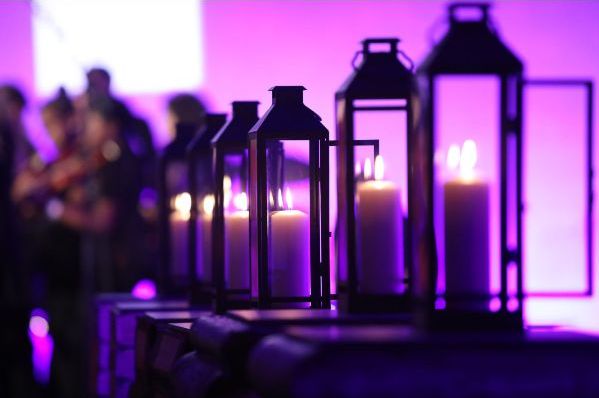
What: Holocaust Memorial Day (HMD) is an international day of commemoration for the six million Jews and others who died at the hands of the Nazis, as well as those who have since died in genocides elsewhere in the world.
Where: HMD can be marked anywhere in the world.
Why: The date of 27 January was chosen to mark the anniversary of the liberation of Auschwitz-Birkenau, the largest Nazi death camp, by the Soviet Red Army. The day serves as a reminder of our shared history, and why it is important to remain vigilant to injustice. The day is not only about avoiding future genocide but also resisting persecution and discrimination. With anti-Semitism and other racism on the rise, it remains as important as ever.
How: Anyone can hold an HMD activity. The Holocaust Memorial Day Trust website has advice about how, where and when, as well as free images and resources. Visit their site for more information on the day and how to host an event.
Keep up to date with all our latest news here and on social media – we are on Facebook, Twitter and LinkedIn.
Celebrations around the world: Lohri, 13th January
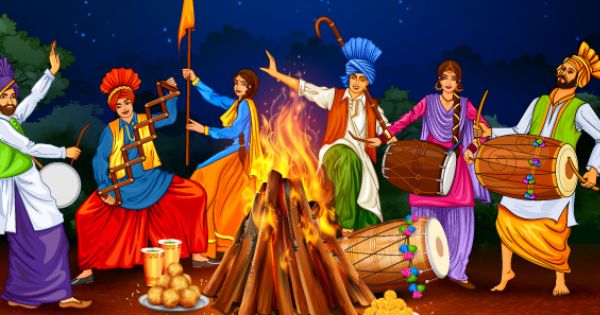
TLS delves deeper into the festivals and events celebrated by different cultures around the world. This month we look at Lohri, which takes place on 13th January..
What: Lohri is a celebration honouring Agni, the god of fire, which marks the winter solstice and gives thanks for the harvest, which is just beginning to come to fruition in January. Festivities take place during the month of Paush or Magh, so the date is not fixed in the Gregorian (western) calendar and changes each year.
Where: Lohri is celebrated mainly in the Punjab and Haryana regions of India, however the Indian diaspora hold celebrations across the world.
Why: As well as giving thanks for the harvest, Lohri celebrations often also refence a folk hero. In 16th century Punjab, there was a Rajput peasant called Dulla Bhattiwala. He came from a long line of rebels against Mughal rule and was similarly inclined. Bhattiwala would save girls who had been sold into slavery, often marrying them off and paying the dowry himself. He is sometimes called the Robin Hood of Punjab! His name is celebrated in a traditional Punjabi song that is performed during Lohri.
How: The centre of Lohri celebrations is the bonfire, around which people dance and sing special songs. Families exchange gifts and sweets, and eat makki ki roti (corn based roti) and sarson ka saag (spinach, mustard leaves and fenugreek cooked together).
Are you celebrating Lohri? Please get in touch and tell us all about it by emailing nicole.kershaw@newham.gov.uk.
Keep up to date with all our latest news here and on social media – we are on Facebook, Twitter and LinkedIn.
Rare language fact file: Seke
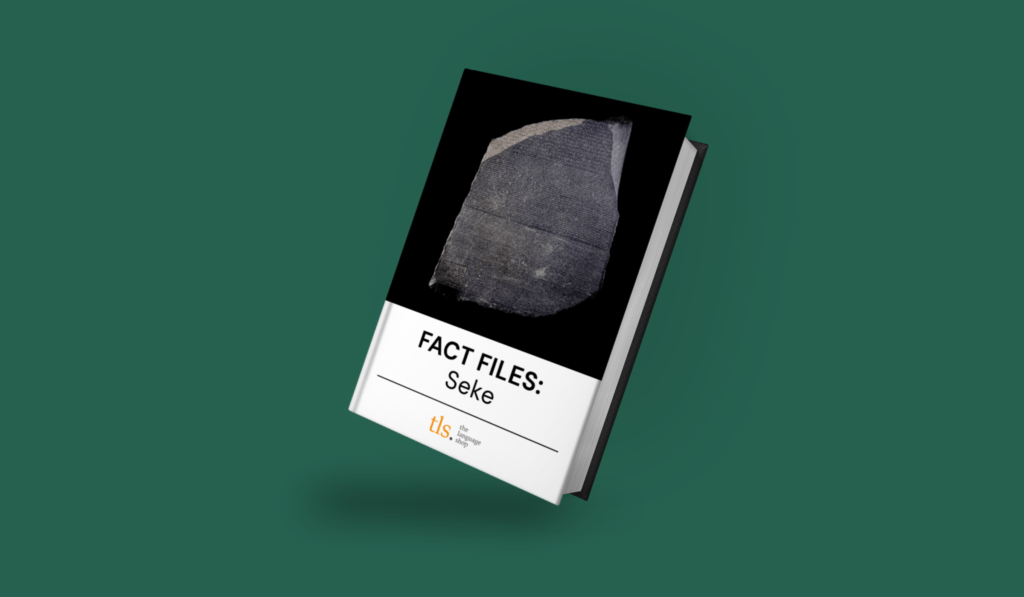
Here at The Language Shop we like to shine a light on some of the rarer languages spoken across the world, many of which have long and fascinating histories. This month we take a closer look at Seke.
Fact file
Native to: Mustang, Nepal
Number of native speakers: Approximately 700.
Spoken by: Inhabitants of five villages: Chuksang, Chaile, Gyakar, Tangbe, and Tetang – and approximately 100 people in Brooklyn, NYC!
Learn some U’wa: ‘Ca garawa mu’ translates as ‘that’s good’, which can be used in lots of different contexts!
Interesting facts:
- ‘Seke’ means ‘golden language’ and the region in Nepal it is from, Mustang, means ‘plain of aspiration’ in Tibetan languages.
- As with many endangered languages, Seke is dying out because young people in the area are educated in Nepali or Hindi, and TV is mainly in Hindi. In addition to this, Nepali is considered crucial for making progress in education or the jobs market, so speaking Seke is not generally encouraged.
- Seke’s fortunes have been revived a little by a movement in Nepal to preserve it, and by the thriving community of diasporic Seke speakers in Brooklyn, New York. Of the 100 speakers there, approximately half live in the same building! This unusual enclave has brought the Seke language some attention, and the Endangered Language Alliance is working with one of the older inhabitants to produce a Seke dictionary.
The Language Shop provides support in any language you may need, including many of the rarer ones. Get in touch with us to find out more.
Keep up to date with all our latest news here and on social media – we are on Facebook, Twitter and LinkedIn.
Are you getting the most from your bookings? Don’t miss our free training

Due to the success of our previous free 'Introduction to TLS Services' virtual training sessions, we are now offering them regularly, on the last Wednesday of every month throughout 2022.
The training explains all the various types of interpreting available, and which services are best suited to different contexts. We will look in detail at how and when to book an interpreter, the best practice for working alongside interpreters and provide an opportunity to ask any questions with a member of our team. Participants can also get a certificate of attendance once they have completed the training along with a TLS Training Information Pack.
The virtual training takes just half an hour and you can sign up via our Eventbrite here.
If you have any questions, please contact Nicole Kershaw by emailing nicole.kershaw@newham.gov.uk
Keep up to date with all our latest news here and on social media – we are on Facebook, Twitter and LinkedIn.
UK language industry health check tells a positive story

The Association of Translation Companies has published research into the performance of the UK language industry in 2021, revealing a very positive picture, despite the dual impact of Brexit and Covid-19.
While very few businesses have thrived in the last 18 months, the research suggests language service providers have generally made good decisions and showed the kind of flexibility that has served them and their customers well; for example, 56% of companies have recorded growth.
This is certainly our experience at The Language Shop, and it seems we are reflected in the ATC’s comments: “What truly stands out in this year’s survey is the robust and scrappy mid-market segment which makes up the bulk of the UK language services industry. Companies have largely been pushing the right buttons, focusing on their areas of expertise and making smart use of language technology to service their clients.”
To read the whole report, click here.
Keep up to date with all our latest news here and on social media – we are on Facebook, Twitter and LinkedIn.
Meet the Team: Naveeda Mahmood, Intepreter

Every month, we introduce you to one of The Language Shop team. This month, meet Naveeda Mahmood, one of our interpreters who works in Punjabi, Urdu, Hindi and English. Find out about how she got to grips with Zoom over lockdown and her passion for baking!
What’s been your favourite project at tls?
As an interpreter I enjoy interacting with people generally, but on a personal level I have learnt tremendously from the talking therapies and physiotherapy.
What’s been the biggest challenge?
Covid and all the changes it brought with it. All the technology, like Zoom, was new to me. Working from home, staying put and interacting with people only on the phone was a challenge.
If you didn’t do your current job, what would you like to do?
I would have been a teacher in adult education, teaching either English or cookery (baking preferably).
Tell us something interesting about you
I love baking and trying new recipes. I try new dishes all the time and have taken courses in baking and cake decorating.
If you could meet anyone, living or dead, who would it be and why?
I would love to meet our prophet Muhammad (PBUH). He was the perfect human being, he preached Allah's message (the Quran) to humanity. He set an example for us all.
What are your ambitions for 2021?
I would like to complete my Interpreting level 4 course. Also I would like to do a course in cupping.
Say hello to Naveeda on The Language Shop's social media – we are on Facebook, Twitter and LinkedIn. Keep up to date with all our latest news here.
Celebrations around the world: Diwali, 2nd - 6th November

Diwali, also known as Deepavali, is celebrated by Hindus, Sikhs and Jains. It takes place over five days, around the beginning of November.
Diwali falls at the beginning of the Hindu new year and celebrates the triumph of light over darkness, both in the sense of the fireworks and diwas that are used to illuminate the joyous occasion and in the metaphorical victory of knowledge over ignorance. Lakshmi, the Hindu goddess of wealth, is honoured during the festival, and celebrations are also linked to the famous legend of lovers Rama and Sita, who were welcomed back from their exile in the forest with a row of diwa lamps.
Each of Diwali’s five days has its own name and is celebrated differently. Dhanteras is for cleaning the home and buying new items for the home. Choti Diwali is when people decorate their homes and create rangoli designs on the floors. The third day, the most important, is Diwali, and this is when homage is paid to Lakshmi, lights are lit, firework displays are held and families get together to eat. Padwa is for husbands and wives to exchange gifts, and the final day of Bhai Duj is for siblings to celebrate their bond.
Are you celebrating Diwali? Please get in touch and tell us how! We would love to hear from you, email nicole.kershaw@newham.gov.uk
Keep up to date with all our latest news here and on social media – we are on Facebook, Twitter and LinkedIn.
Rare language spotlight: Purubora
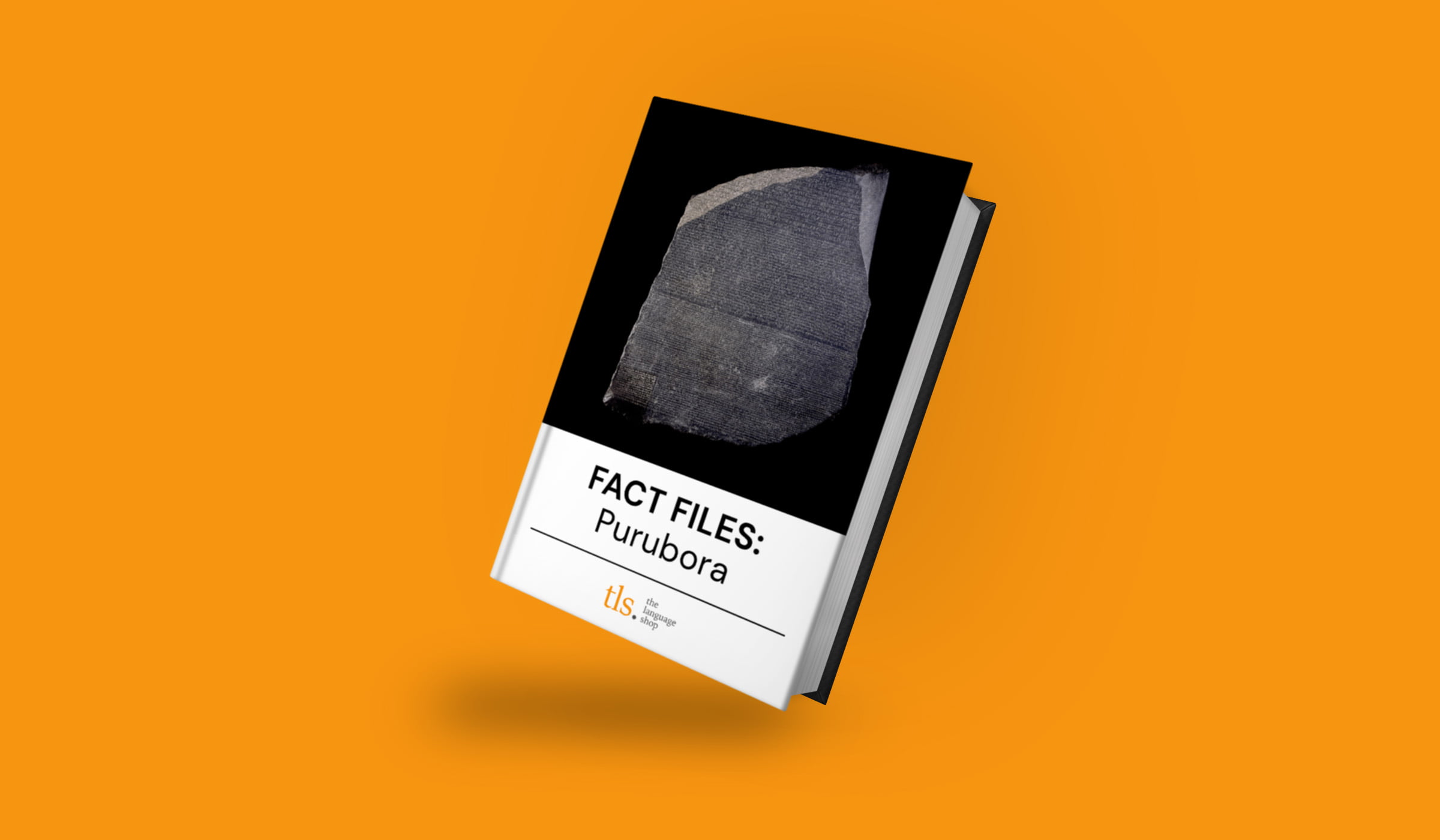
Here at The Language Shop we like to shine a light on some of the rarer languages spoken across the world, many of which have long and fascinating histories. This month we take a closer look at Purubora.
Fact file
Native to: Rondônia, Brazil
Number of native speakers: 1
Spoken by: The Purubora people
Learn some Purubora: There exists very little written in the language, except for lists of words. The official list contains only 49 words. Included are the numbers 1 to 3, which are: ‘múm, wewáb, bokód-wewáb’.
Interesting facts:
- Until 2020, there were two native speakers left alive. However, sadly, one of the remaining two, Eliezer Purubora, died from Covid in late 2020. He was one of six Purubora who died from the virus.
- Purubora translates as ‘people who transform into jaguars to heal’. They believe that when someone dies, they become a jaguar. When relatively tame jaguars visited the village, they would be welcomed as the new hosts of dead people’s spirits.
- The Purubora had been considered extinct, following a practice of marrying off the women to colonisers who had arrived to work on rubber plantations. However, in 2001 there was an assembly, bringing together its remaining people to establish a claim to their original land. This claim is still ongoing today.
The Language Shop provides support in any language you may need, including many of the rarer ones. Get in touch with us to find out more.
Keep up to date with all our latest news here and on social media – we are on Facebook, Twitter and LinkedIn.
Language industry remains buoyant despite pandemic

Slator, which provides intelligence on the language industry, has reported a huge surge in bookings in the last months of 2021.
The Language Industry Job Index (LIJI) was launched in July 2018, and has recorded growth of 65 points since then. A vast 55 points have been recorded since the beginning of 2021, bringing the index to its highest point ever.
This is encouraging news for the language industry, which has weathered the pandemic. We hope to see this trend continue in 2022!
Read about this in more detail at slator.com.
Keep up to date with all our latest news here and on social media – we are on Facebook, Twitter and LinkedIn.










